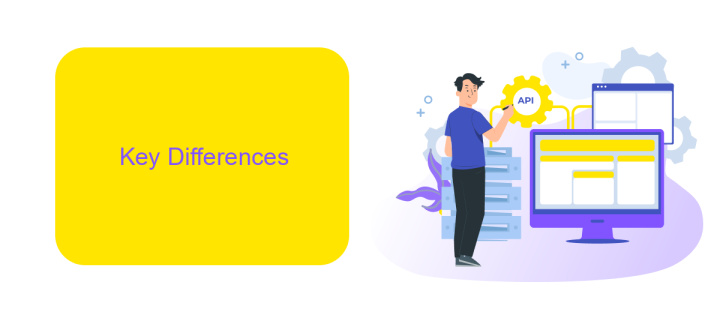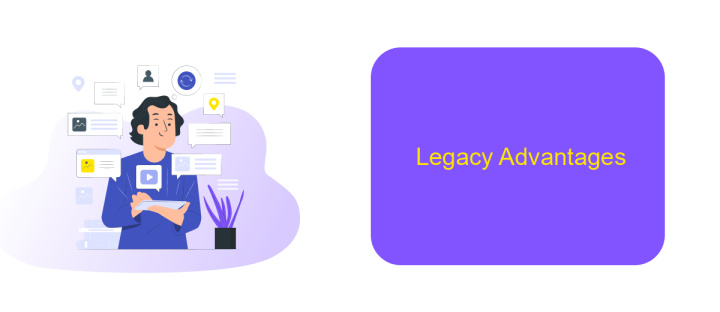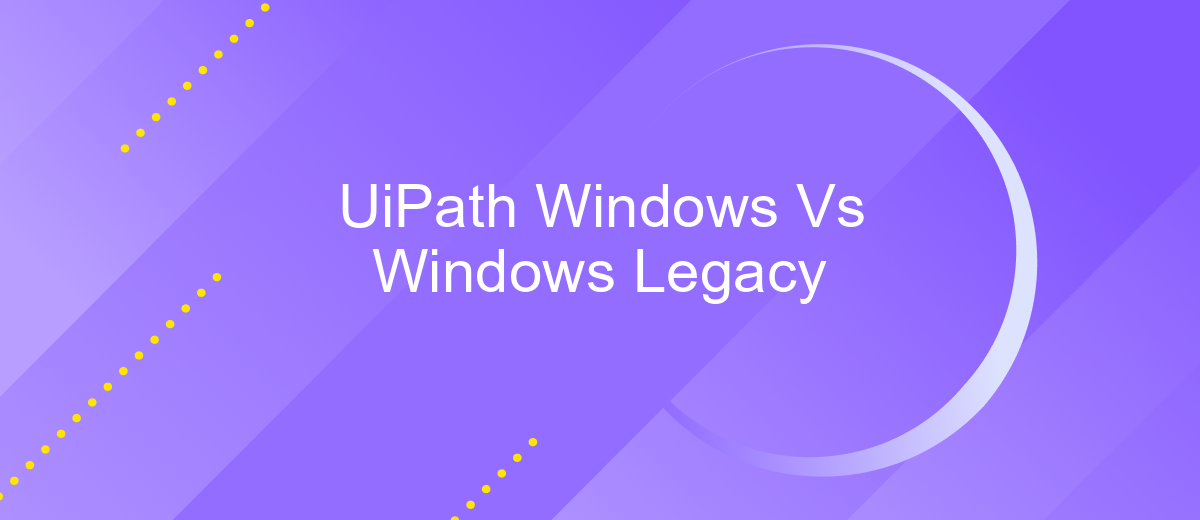UiPath Windows Vs Windows Legacy
Choosing the right platform for your automation needs can significantly impact your workflow efficiency. UiPath offers two distinct environments: Windows and Windows Legacy. Each comes with its own set of features, advantages, and limitations. In this article, we will delve into the key differences between UiPath Windows and Windows Legacy to help you make an informed decision for your automation projects.
Introduction
UiPath is a leading platform in robotic process automation (RPA), offering two distinct environments: Windows and Windows Legacy. Each environment has its own set of features and capabilities, catering to different needs and preferences of users. Understanding the differences between these environments is crucial for businesses looking to optimize their automation strategies.
- Windows Environment: Designed for enhanced performance and modern capabilities, it supports the latest Windows updates and features.
- Windows Legacy Environment: Aimed at maintaining compatibility with older systems and applications, it ensures stability and reliability for legacy processes.
Choosing the right environment depends on various factors, including the specific requirements of your automation projects and the infrastructure of your organization. For those looking to integrate multiple services seamlessly, tools like ApiX-Drive can be invaluable. ApiX-Drive simplifies the process of connecting different applications and automating workflows, making it easier to leverage the full potential of UiPath's environments. By carefully evaluating your needs and the capabilities of each environment, you can make an informed decision that aligns with your business goals.
Key Differences

One of the key differences between UiPath Windows and Windows Legacy lies in their compatibility and performance. UiPath Windows is designed to work seamlessly with the latest Windows operating systems, ensuring optimal performance and leveraging modern features. On the other hand, Windows Legacy is tailored for older systems, which might lack the performance enhancements and security updates found in newer versions. This makes UiPath Windows a more future-proof solution for enterprises looking to stay ahead in automation technology.
Another significant difference is in the integration capabilities. UiPath Windows offers enhanced compatibility with modern integration services like ApiX-Drive, which allows for seamless API integrations and streamlined workflows. This makes it easier to connect various applications and services, improving overall efficiency. In contrast, Windows Legacy may face limitations in integrating with newer APIs and services, potentially requiring additional configuration and support. Therefore, choosing UiPath Windows can significantly simplify the integration process and enhance productivity.
Use Cases

When deciding between UiPath Windows and Windows Legacy, it's essential to consider their specific use cases. Each platform offers unique advantages that cater to different automation needs.
- Enterprise-Level Automation: UiPath Windows is ideal for large-scale enterprises requiring robust and scalable automation solutions. It supports advanced features and integrations, making it suitable for complex workflows.
- Legacy System Integration: Windows Legacy is better suited for environments heavily reliant on older systems and technologies. It provides compatibility and ease of integration with legacy applications, ensuring smooth operations.
- Integration Services: For seamless integration with various applications and services, both platforms can benefit from ApiX-Drive. This service simplifies the process of connecting different software, enhancing overall efficiency.
Understanding the specific use cases for UiPath Windows and Windows Legacy helps organizations make informed decisions. By leveraging the strengths of each platform, businesses can optimize their automation strategies and achieve better results.
Legacy Advantages

When considering UiPath Windows Legacy, one of the primary advantages is its compatibility with older systems and applications. This ensures that businesses with legacy infrastructure can still leverage the power of automation without the need for extensive upgrades or changes to their existing environment.
Another significant benefit is the stability and reliability that come with mature software. Legacy systems have been tested extensively over time, leading to fewer bugs and more predictable performance. This makes it easier for organizations to maintain and support their automation workflows.
- Proven stability and reliability
- Compatibility with older systems
- Lower costs associated with upgrades
- Extensive documentation and community support
For businesses looking to integrate legacy systems with modern applications, services like ApiX-Drive can be invaluable. ApiX-Drive facilitates seamless integration, allowing for smooth data flow and communication between different platforms. This ensures that organizations can maximize their automation potential without being hindered by outdated technology.
Future Outlook
As UiPath continues to evolve, the transition from Windows Legacy to the modern Windows platform signifies a pivotal step towards enhanced performance and scalability. The future outlook for UiPath on the Windows platform is promising, with ongoing advancements in automation capabilities, integration options, and user experience. This shift is expected to bring about more streamlined workflows, improved security measures, and greater compatibility with emerging technologies, ensuring that businesses can stay ahead in the competitive landscape.
Moreover, the integration capabilities with services like ApiX-Drive will further enhance the flexibility and efficiency of automation processes. ApiX-Drive provides seamless integration solutions that allow businesses to connect various applications and systems effortlessly, thereby optimizing their automation strategies. As UiPath continues to innovate, leveraging such integration services will be crucial for organizations aiming to maximize their automation potential and drive digital transformation initiatives. This synergy between UiPath and integration platforms will undoubtedly shape the future of business automation, making it more accessible and effective for enterprises of all sizes.


FAQ
What is the main difference between UiPath Windows and Windows Legacy?
Can I run the same automation scripts on both UiPath Windows and Windows Legacy?
Is it necessary to upgrade from Windows Legacy to UiPath Windows?
How does the transition from Windows Legacy to UiPath Windows affect existing integrations?
What should I consider before migrating from Windows Legacy to UiPath Windows?
Apix-Drive will help optimize business processes, save you from a lot of routine tasks and unnecessary costs for automation, attracting additional specialists. Try setting up a free test connection with ApiX-Drive and see for yourself. Now you have to think about where to invest the freed time and money!

